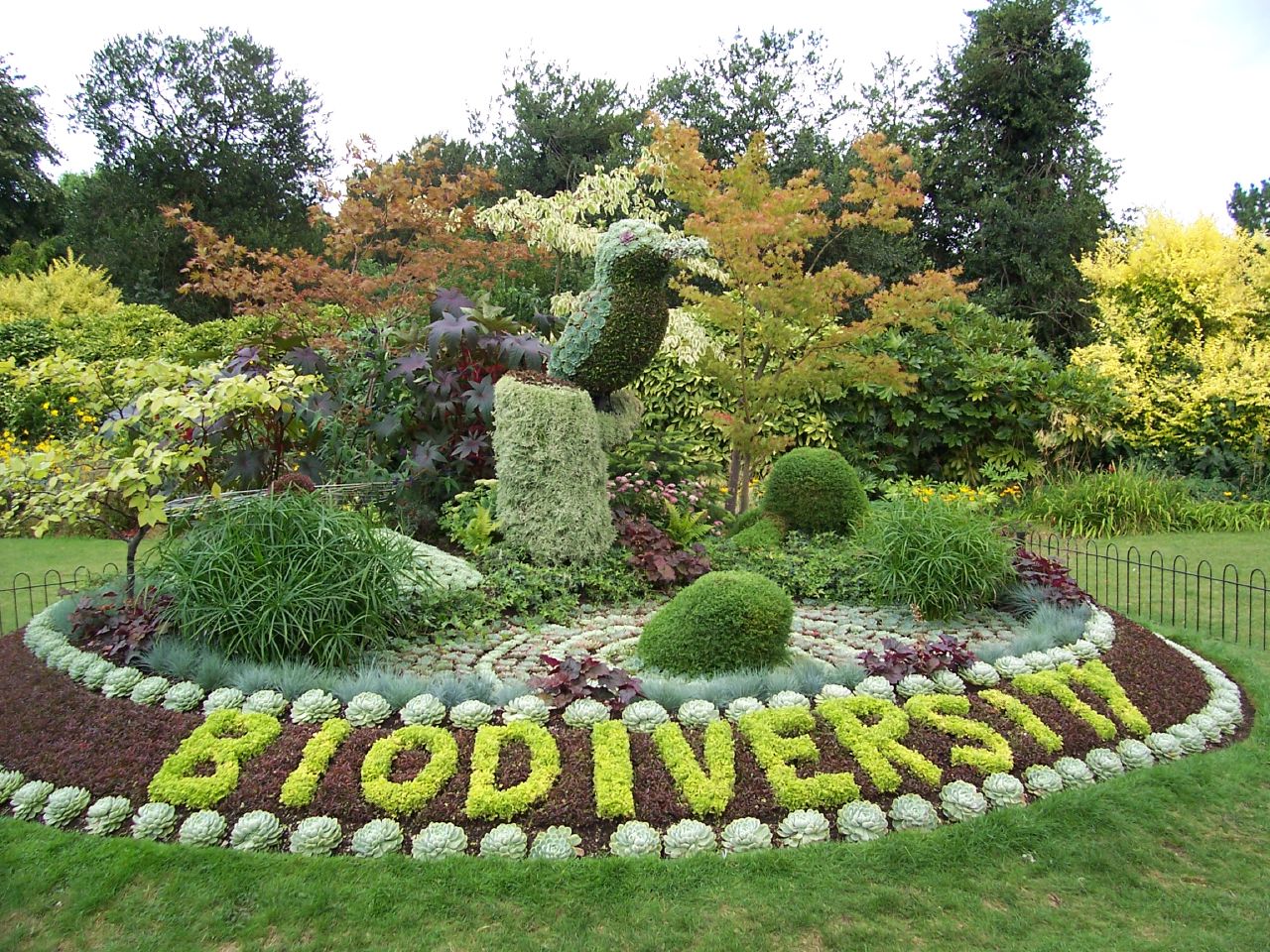NAIROBI, Dec. 16 (Xinhua) -- Multilateral institutions and governments should harness traditional knowledge, practices and innovations possessed by indigenous people in order to revitalize the biodiversity conservation agenda, experts said on Tuesday evening.

File photo: Agencies
Speaking at a virtual forum for indigenous communities' leaders from Asia, Africa, Caribbean and Latin America, the experts said that forest dwellers, hunter-gatherers and nomads are endowed with expertise that can be tapped to strengthen protection of habitats.
"We need to recognize the contribution of indigenous people to the global conservation agenda," said Viviana Figueroa, a legal expert from International Indigenous Forum on Biodiversity.
Figuero said that indigenous communities have for centuries demonstrated prowess in conserving biodiversity hotspots that underpin global food, energy and water security.
Senior indigenous communities' leaders from Asia, Africa, Latin America and the Caribbean early this month met online to discuss proposals that would be included in the post-2020 global biodiversity framework.
The post-2020 global biodiversity framework that outlines ambitious targets to enhance protection of habitats in the next 30 years, is expected to be adopted at the 15th Conference of Parties (COP15) to the UN Convention on Biological Diversity that will be held in Kunming, China in May, 2021.
Joji Carino, senior policy advisor at the Forest Peoples Program, said that indigenous communities have been holding dialogue with multilateral institutions to enhance their contribution to the global biodiversity conservation agenda.
"The indigenous people have knowledge, innovation and best practices that can be harnessed to promote nature conservation, achieve climate targets and enhance the resilience of societies in the face of a pandemic," said Carino.
She said that governments should prioritize land tenure for indigenous people, enact laws to protect them from environmental risks linked to rapid development and recognize their contribution to food security.
"Governments should recognize the intellectual property and innovations owned by indigenous people in national policies aimed at promoting biodiversity conservation," said Carino.
She said that protecting the rich culture of indigenous people is key to boost tourism and the protection of forests, wildlife, freshwater sources and marine life.


